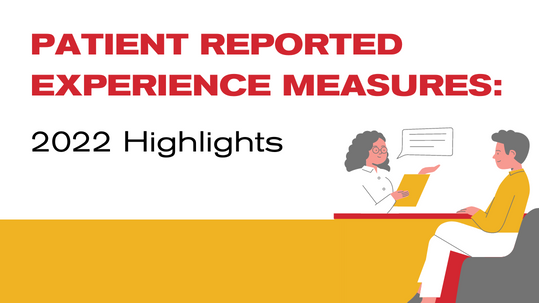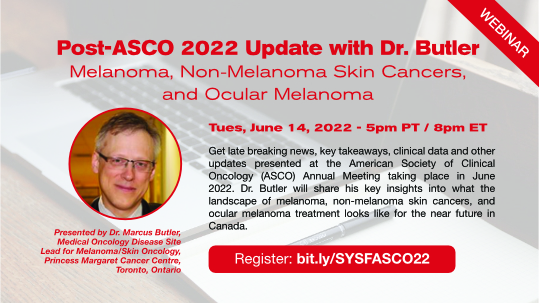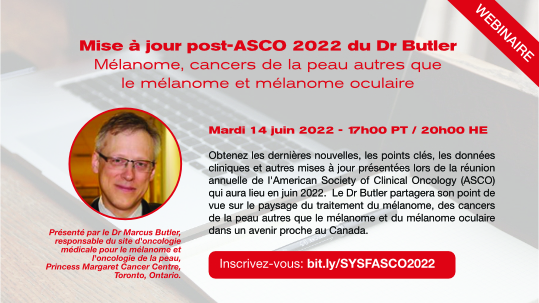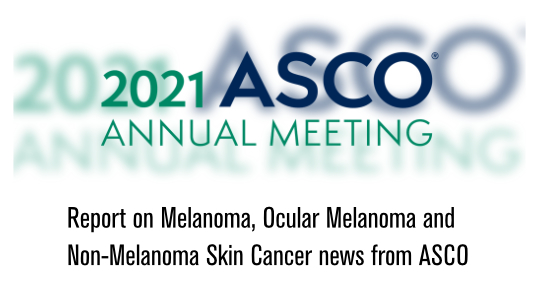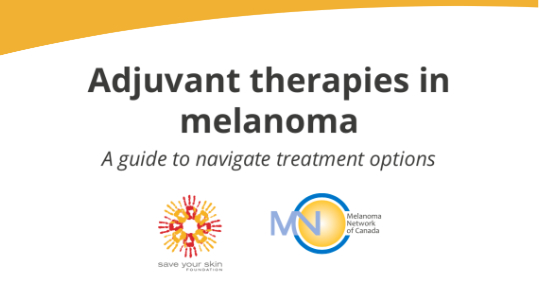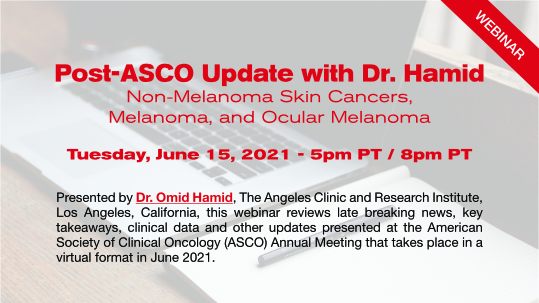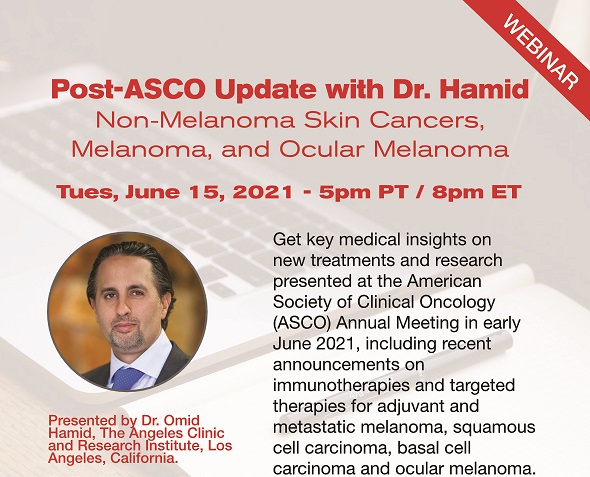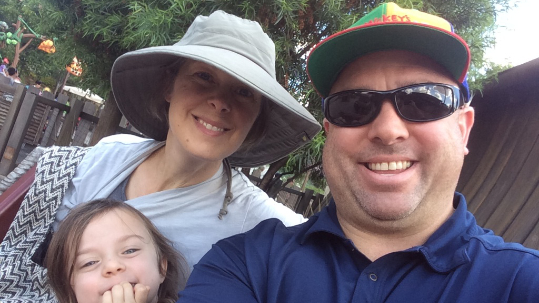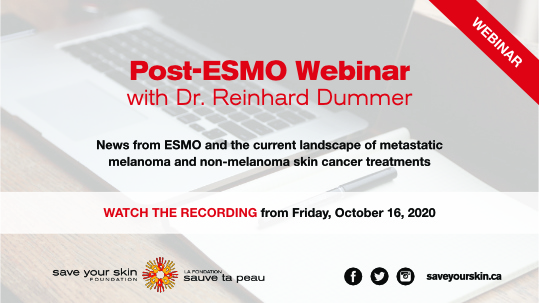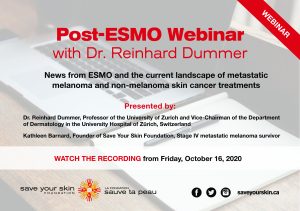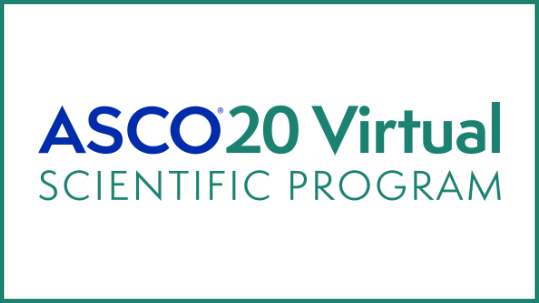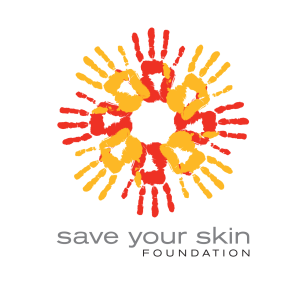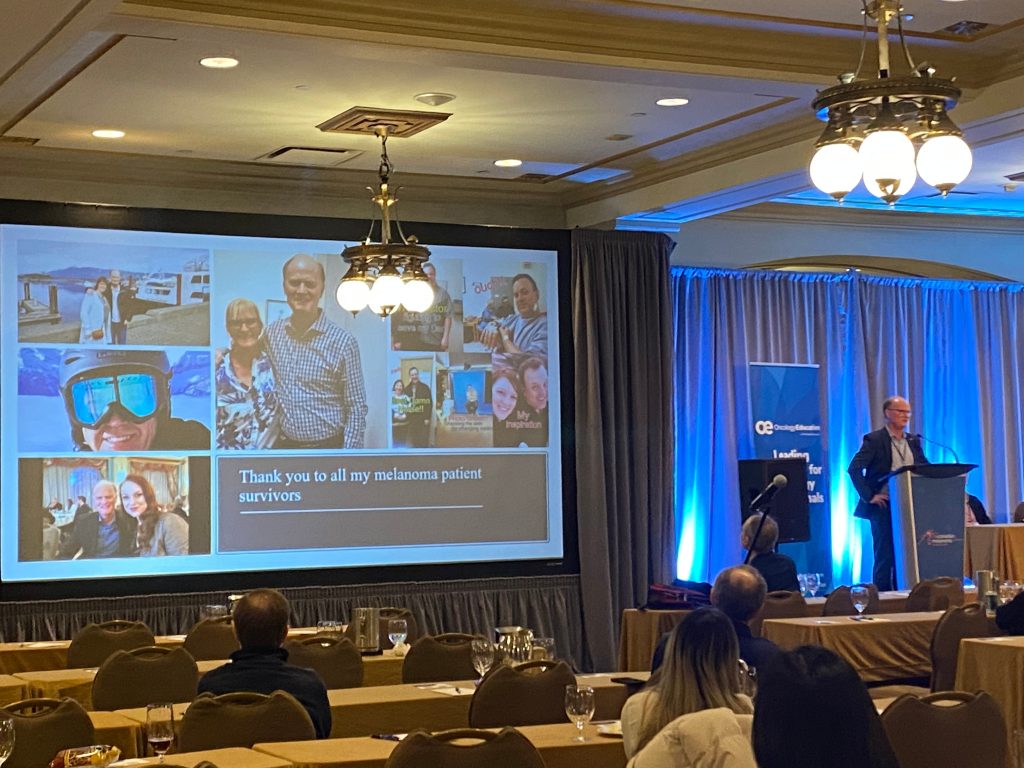 Dr. Michael Smylie was the recipient of the 2023 Canadian Melanoma Conference Legacy Award which was presented on February 26, 2023. Kathy Barnard, Save Your Skin Foundation’s founder and former patient of Dr. Smylie, had the honour of saying a few words about this incredible doctor, friend, athlete and father. She read several testimonials from former patients and caregivers, including the following one from her very own sister, Rosemary Westie:
Dr. Michael Smylie was the recipient of the 2023 Canadian Melanoma Conference Legacy Award which was presented on February 26, 2023. Kathy Barnard, Save Your Skin Foundation’s founder and former patient of Dr. Smylie, had the honour of saying a few words about this incredible doctor, friend, athlete and father. She read several testimonials from former patients and caregivers, including the following one from her very own sister, Rosemary Westie:
“To Mike,
When you love someone who’s diagnosed with cancer, the world as you know it comes to an end. When my big sister and best friend was diagnosed I was petrified. I couldn’t imagine a life without her in it, none of our family could. But sadly, as a family, you can only do so much. You can provide love, support, and hope, but at the end of the day, you’re still petrified, because love, support and hope can’t cure this relentless disease.
In the early years through the various treatments and surgeries my sister had, we always feared we were on borrowed time. Although she stayed strong and dealt with everything this disease threw at her, there came the day we dreaded, where we were told there was nothing they could do. The panic and fear that set in at that stage was indescribable, I simply could not breathe. But then, when we were at our most desperate, we were granted a miracle. And that miracle was you, Mike Smylie.
I know now, years later, that you are simply a lovely and humble man. You’re a wonderful dad and a friend to many. You are a tremendous athlete, and a connoisseur of excellent rum. In fact, as far as I’m concerned, your only flaw is that you are an Edmonton Oilers fan🤣.
You, my dear, just have to accept that you will always be our super hero. Not the one wearing the cape, but the one wearing the wings, and of course the tight bike shorts. 🤣Thank you Mike, for saving my sisters life.
Kath’s sister Rose”
Dr. Michael Smylie has been a good friend of the Foundation since its creation. He sits on our Medical Advisory Committee and has been a frequent presenter on our webinars, including our most recent Post-CMC 2023 Update webinar. Dr. Michael Smylie is a medical oncologist at the Cross Cancer Institute, and professor at the Department of Oncology at the University of Alberta in Edmonton.


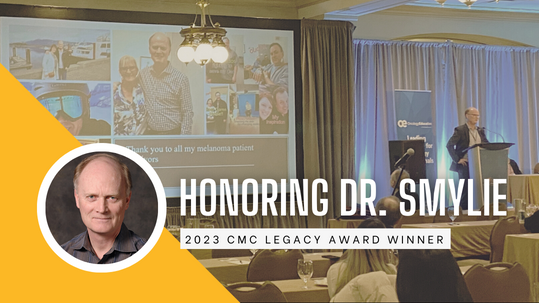
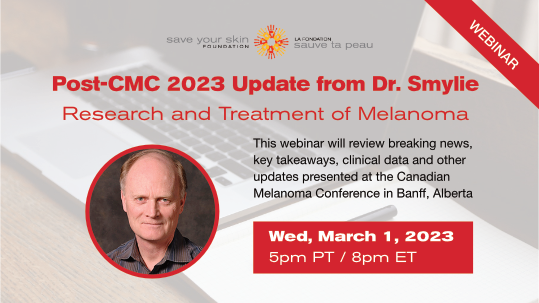
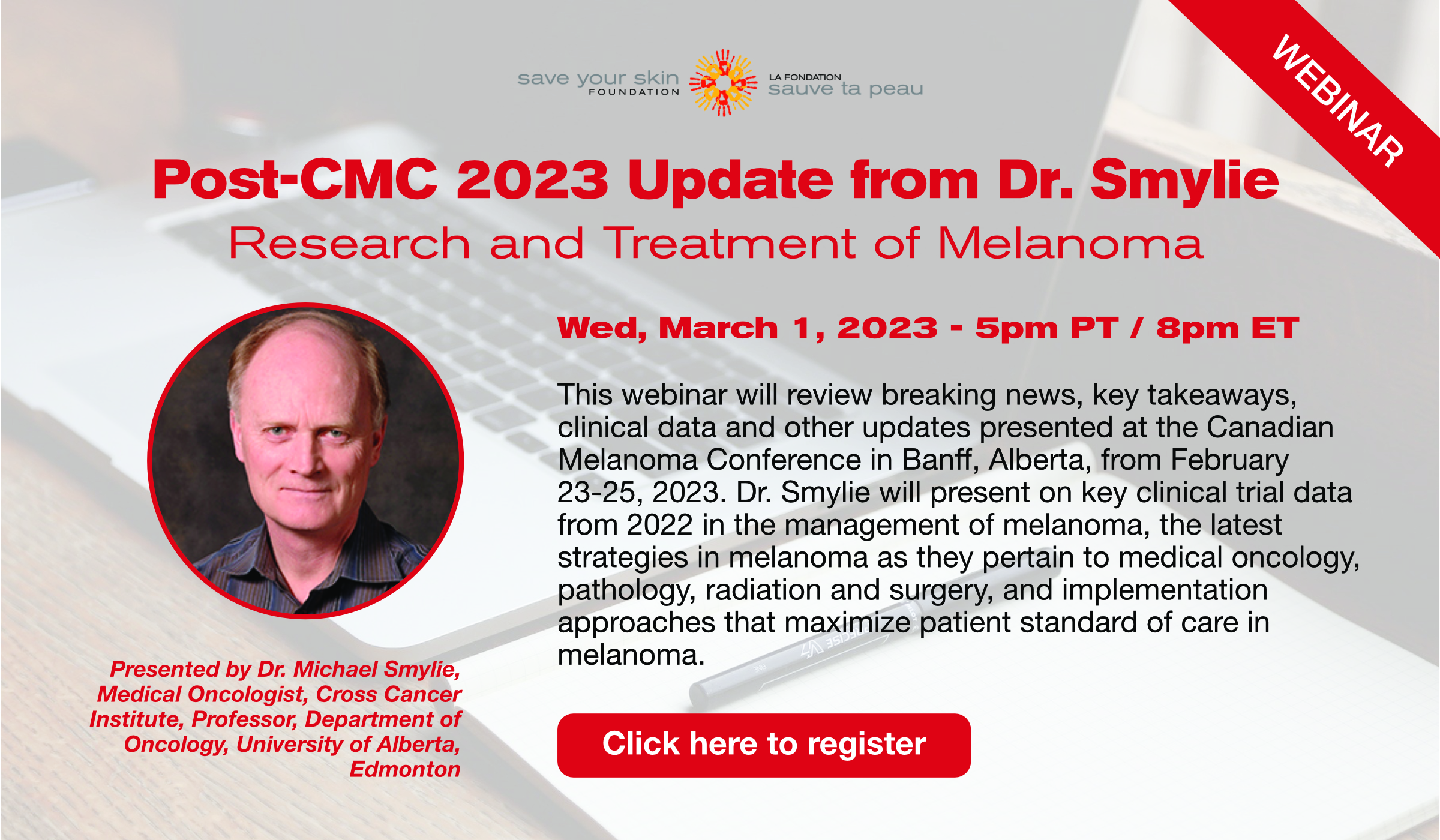 Date/Time: March 1 – 5pm-6:30 pm PT / 8pm-9:30 pm ET
Date/Time: March 1 – 5pm-6:30 pm PT / 8pm-9:30 pm ET